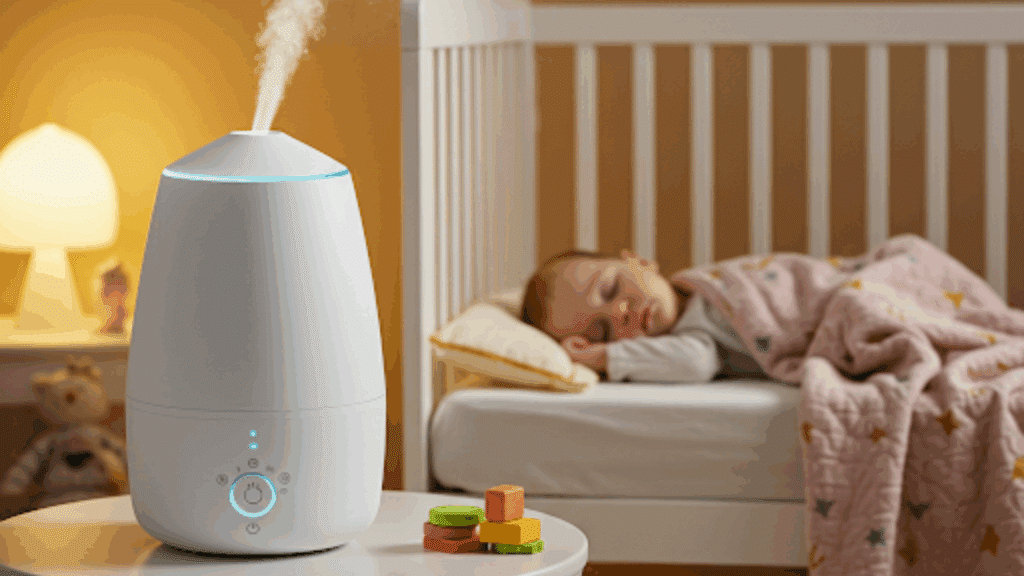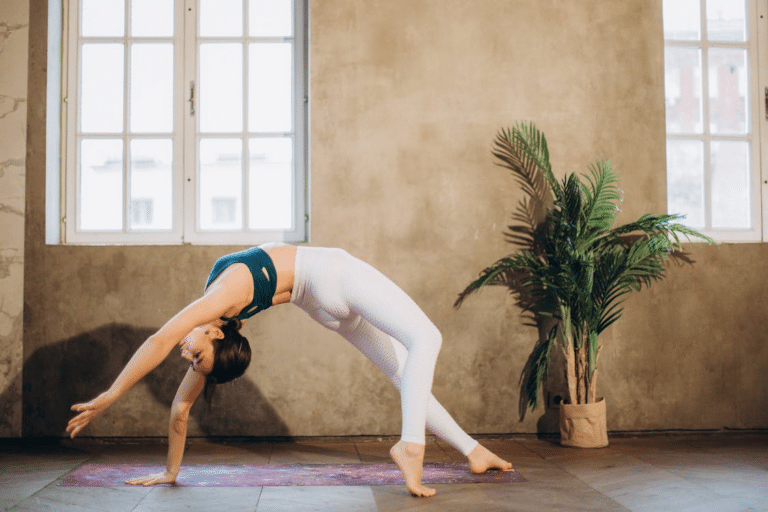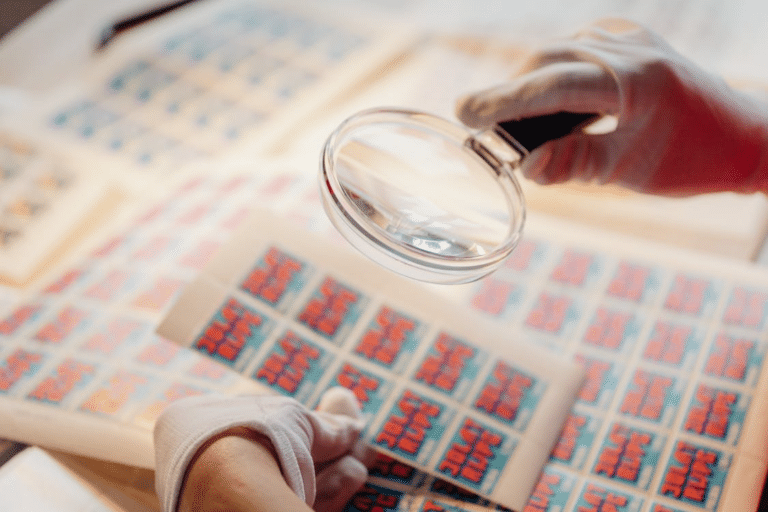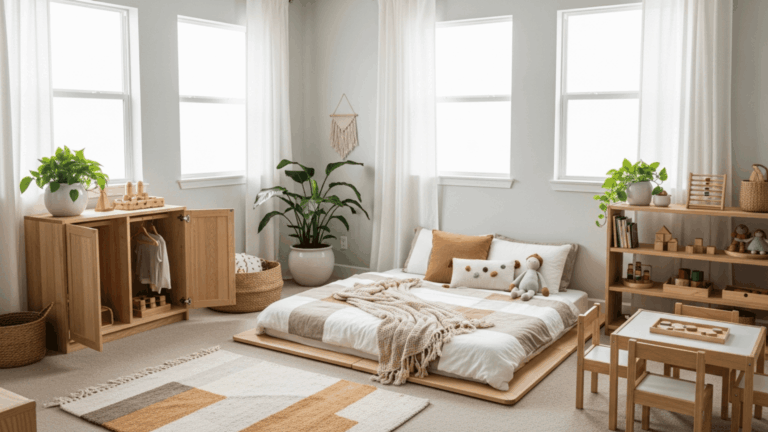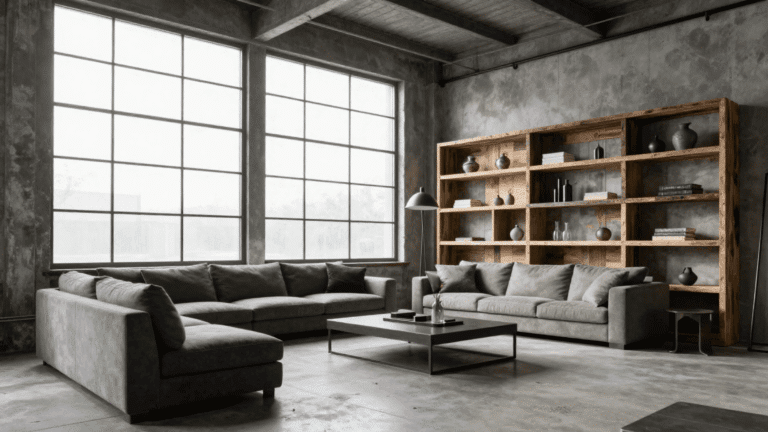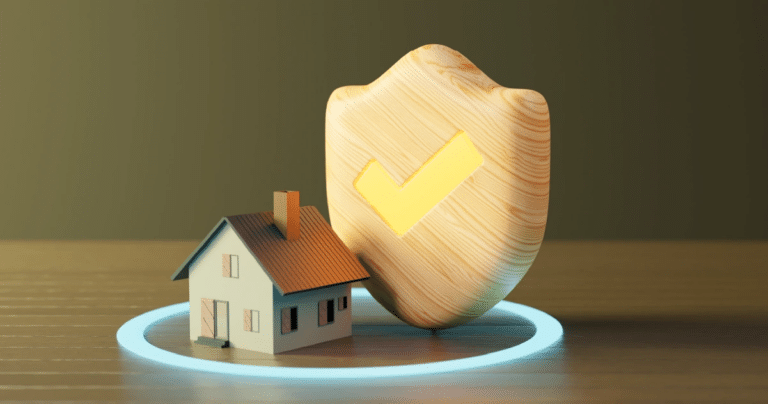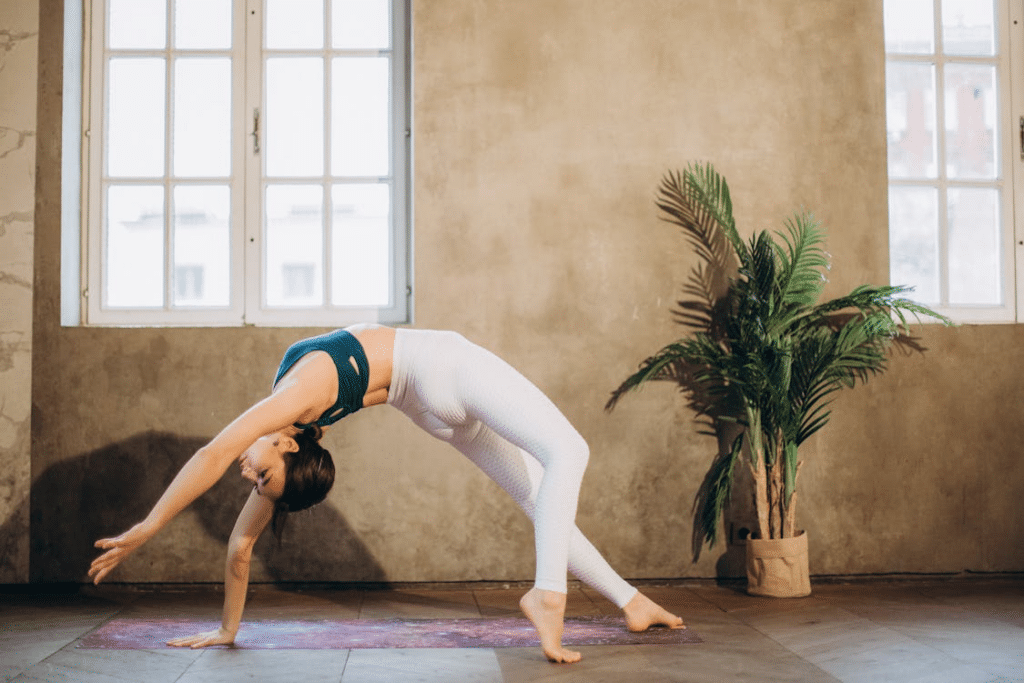Every parent knows how tough it is when a congested baby struggles to sleep through the night. Humidifiers provide a simple, effective solution to this common issue.
Parents are finding many humidifier benefits for baby health, such as easing breathing difficulties and preventing dry, irritated skin during cold months.
The gentle mist helps create ideal breathing conditions, allowing babies to sleep more soundly while protecting their sensitive nasal passages.
What is a Humidifier?
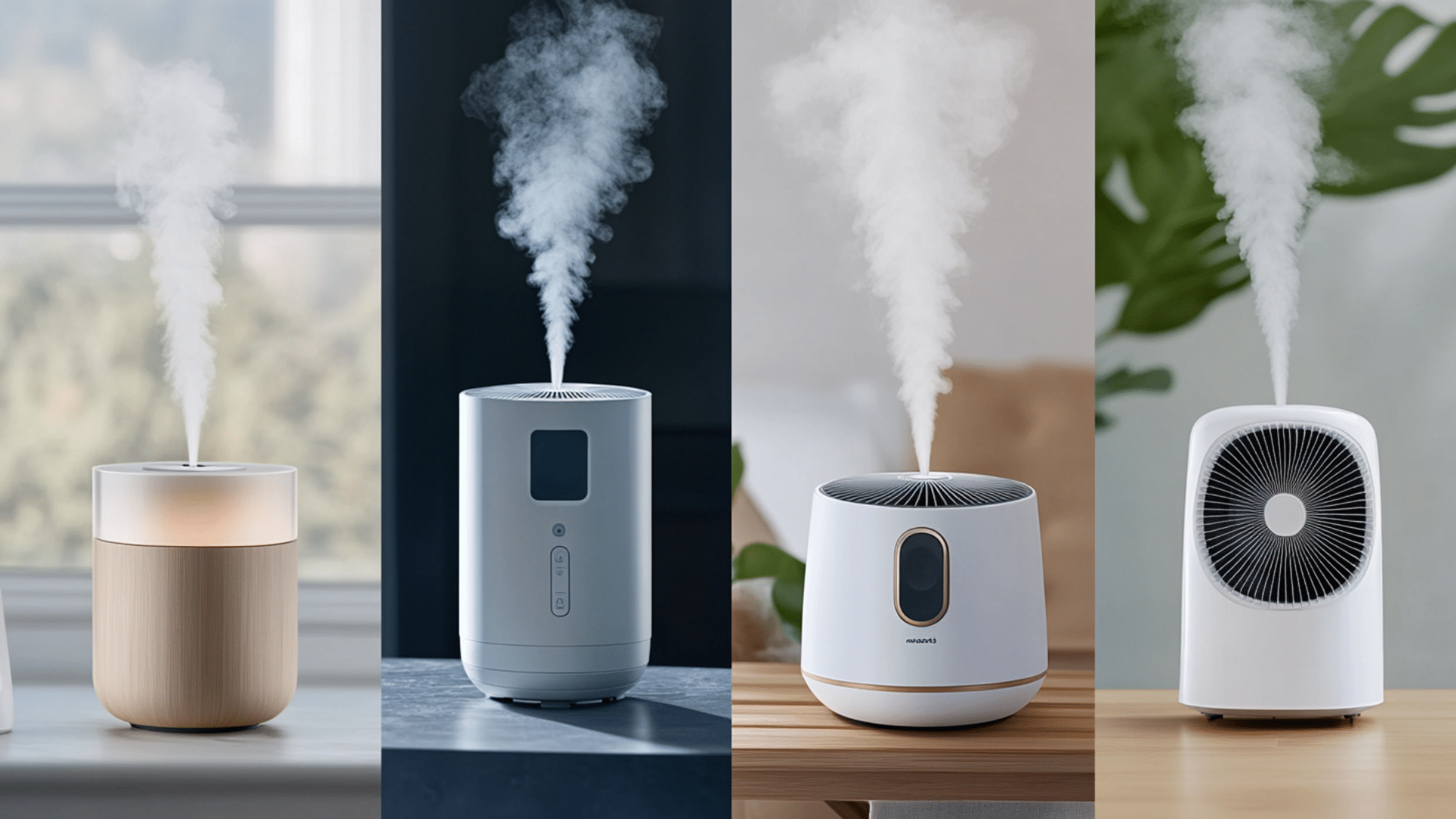
A humidifier is a device that adds moisture to the air by releasing water vapor or steam. These appliances counteract indoor dryness during winter months or in air-conditioned spaces.
Understanding humidifier benefits for baby health has made these devices increasingly popular among parents seeking to create comfortable environments for their little ones.
Different Types of Humidifiers
| Humidifier Type | How It Works | Best For |
|---|---|---|
| Cool Mist | Releases room-temperature water into the air without heat | Homes with children, summer use |
| Warm Mist | Heats water before releasing steam | Killing bacteria; winter use |
| Ultrasonic | Uses high-frequency vibrations to create a fine mist | Quiet spaces like nurseries, light sleepers |
| Evaporative | Blows air through the wet filter for natural evaporation | Budget-friendly options; harder water areas |
| Central | Built into home HVAC systems | Whole-house humidity control; larger homes |
How Do Humidifiers Work?
Humidifiers operate on a simple principle – they convert water into moisture that disperses throughout a room. The water from the reservoir changes into vapor or mist depending on the type of humidifier.
This added moisture then naturally increases the humidity level of the surrounding air.
Are Humidifiers Good for Babies? Pediatricians’ Take
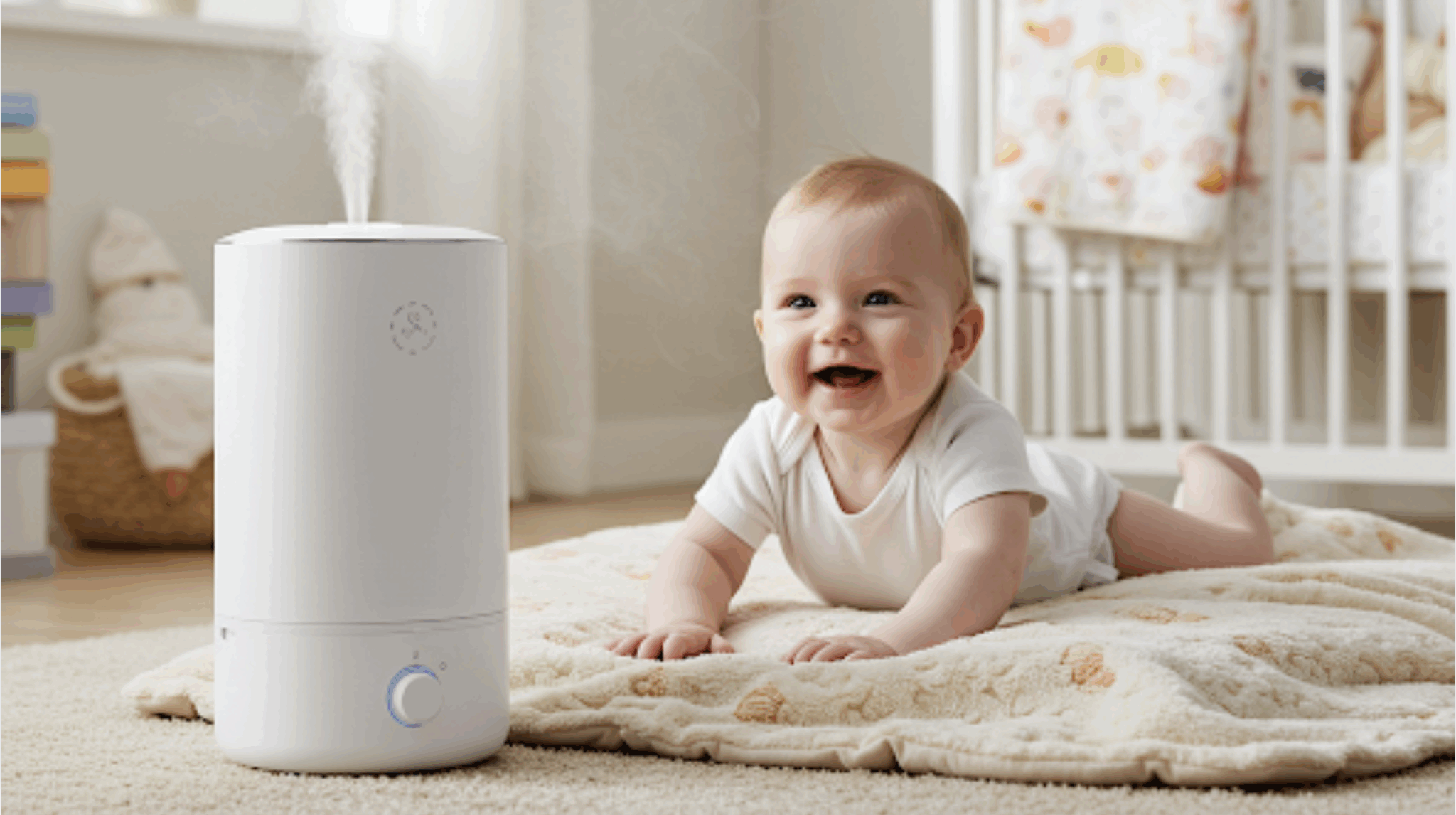
Most pediatricians endorse humidifiers as beneficial additions to nurseries when used appropriately. Medical professionals recognize their value in supporting respiratory health and overall comfort for infants.
- Type recommendation: Doctors overwhelmingly prefer cool mist humidifiers for babies’ rooms due to safety considerations
- Medical consensus: The American Academy of Pediatrics acknowledges humidifiers can help ease congestion and coughing
- Respiratory support: Pediatricians explain that proper humidity supports ciliary function, the tiny hairs that help move mucus and filter pathogens
For babies with recurring respiratory conditions, pediatricians often include humidifier use in their guidance to parents.
This non-medicinal intervention complements other treatments without side effects common to over-the-counter medications.
Must-Know Humidifier Benefits for Baby
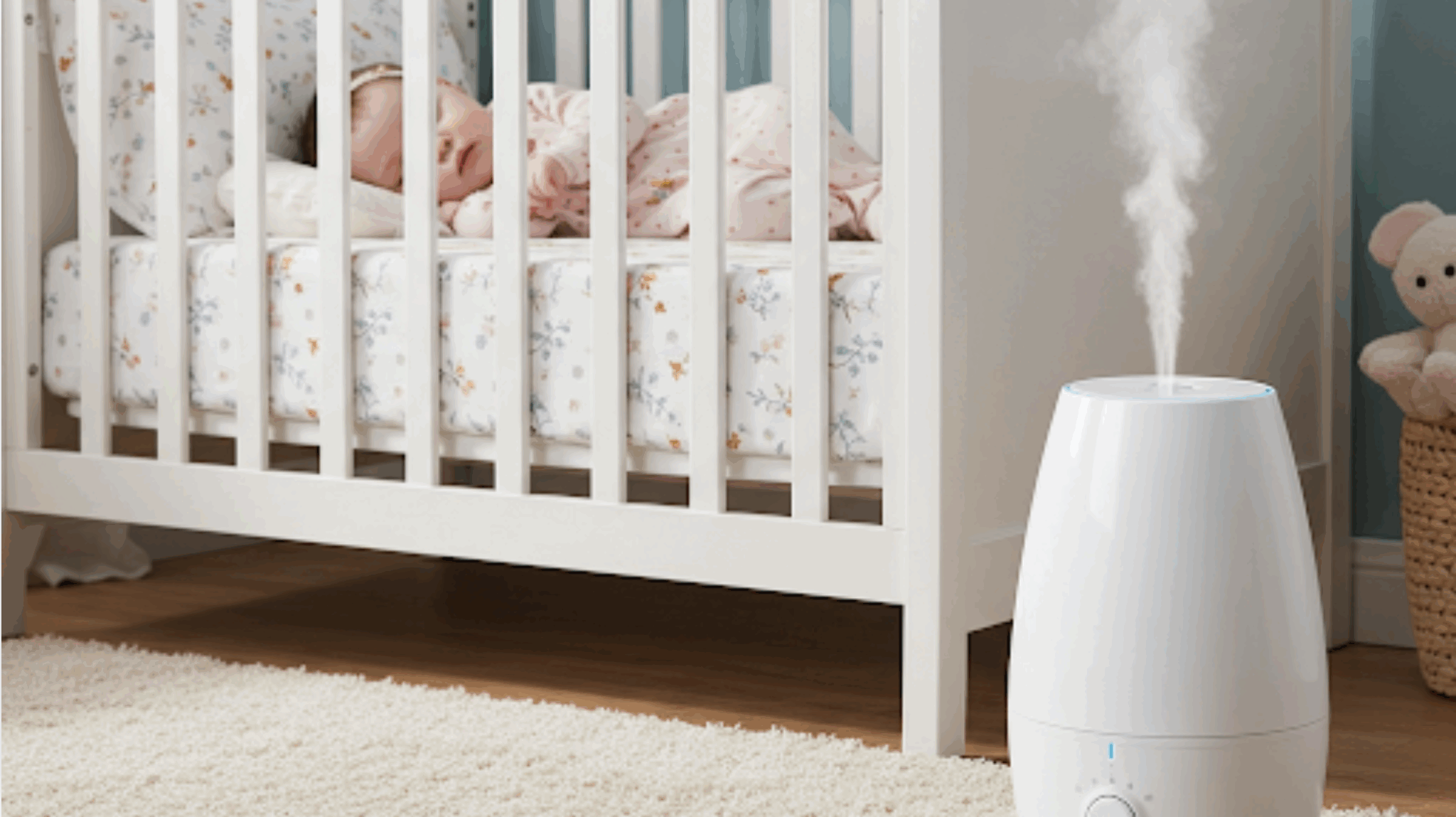
Many parents find out that adding a humidifier to the nursery makes a significant difference in their little one’s comfort and health.
The numerous humidifier benefits for baby wellness range from respiratory support to improved sleep quality.
1. Eases Congestion and Cold Symptoms
A humidifier adds moisture to dry air, helping thin mucus in a baby’s nasal passages for easier breathing.
This gentle moisture provides natural relief during colds or allergies without medication. The effect is especially helpful at night when congestion often worsens.
2. Prevents Dry Skin and Eczema Flare-ups
Babies have delicate skin that loses moisture easily in dry environments. The added humidity helps maintain skin hydration, preventing common issues like flaky scalp and chapped lips.
For babies with eczema, optimal humidity levels can significantly reduce flare-ups.
3. Promotes Better Sleep
Comfortable breathing leads to more restful sleep for babies and parents alike. The consistent moisture prevents a dry throat and nasal passages that often cause nighttime waking.
Many babies also find the gentle humming sound of these devices soothing.
4. Reduces Risk of Infections
Proper humidity levels create an environment where many viruses and bacteria cannot thrive easily.
Maintaining indoor humidity can reduce the survival of airborne pathogens. This protective moisture barrier may strengthen a baby’s natural defenses against illness.
5. Creates Optimal Room Climate
A humidifier counteracts the drying effects of winter heating and summer air conditioning that irritate sensitive airways.
This stable environment promotes overall comfort regardless of outside weather conditions. Babies adjust to seasonal changes with fewer respiratory challenges when humidity remains consistent
Safety Tips for Using a Humidifier
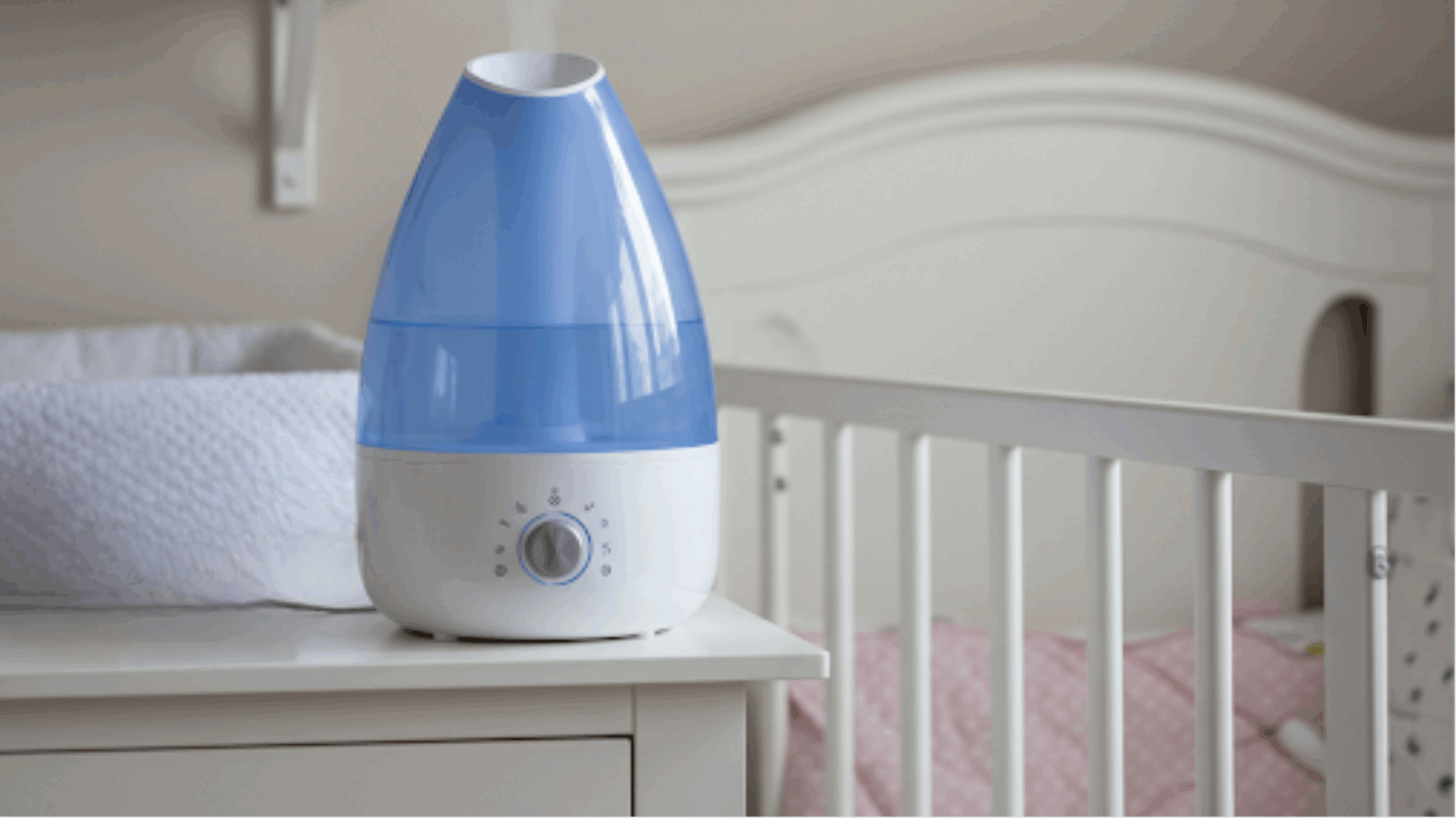
Parents must follow proper safety measures when using humidifiers in their baby’s room to maximize benefits while avoiding potential hazards.
Following these guidelines ensures the device remains a helpful addition to the nursery rather than a source of concern.
- Clean your humidifier every three days and do a weekly deep clean with vinegar.
- Use distilled water to prevent white dust and extend your device’s life.
- Keep nursery humidity between 40-60% and use a hygrometer to check levels.
- Place the humidifier on a flat surface at least three feet from the crib.
- Pick a humidifier sized correctly for your nursery’s square footage.
How to Choose the Best Humidifier for Your Baby
| Feature to Consider | Why It Matters |
|---|---|
| Design Longevity | Select models that grow with your child. Units with removable character features convert to stylish adult humidifiers, extending their useful life beyond the baby years. |
| Tank Capacity | Larger tanks (1+ gallon) require less frequent refilling but take up more space. Smaller units need daily refills but fit better on limited nursery shelves. |
| Illumination Options | Many models include nightlights or soft glowing features. Choose units with adjustable brightness or complete light-off options to accommodate your baby’s light sensitivity. |
| Warranty Coverage | Quality humidifiers typically offer 2-3 year warranties. This protection indicates manufacturer confidence and ensures replacement during critical cold seasons. |
| Essential Oil Compatibility | Some models include separate chambers for aromatherapy options. This becomes valuable as your child grows, though essential oils aren’t recommended for babies under six months. |
Summing Up
Research and pediatrician recommendations confirm that humidifier benefits for babies extend well beyond basic comfort.
With proper maintenance and appropriate safety measures, humidifiers become valuable tools in managing common childhood ailments.
The modest investment pays dividends through improved overall well-being and fewer disrupted nights, making humidifiers essential additions to any thoughtfully prepared nursery.

